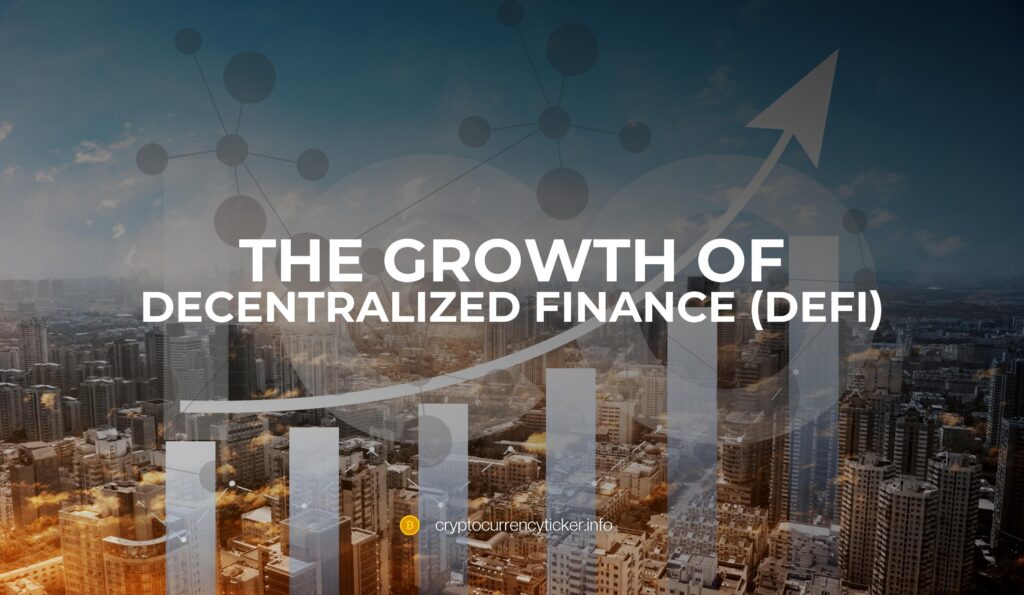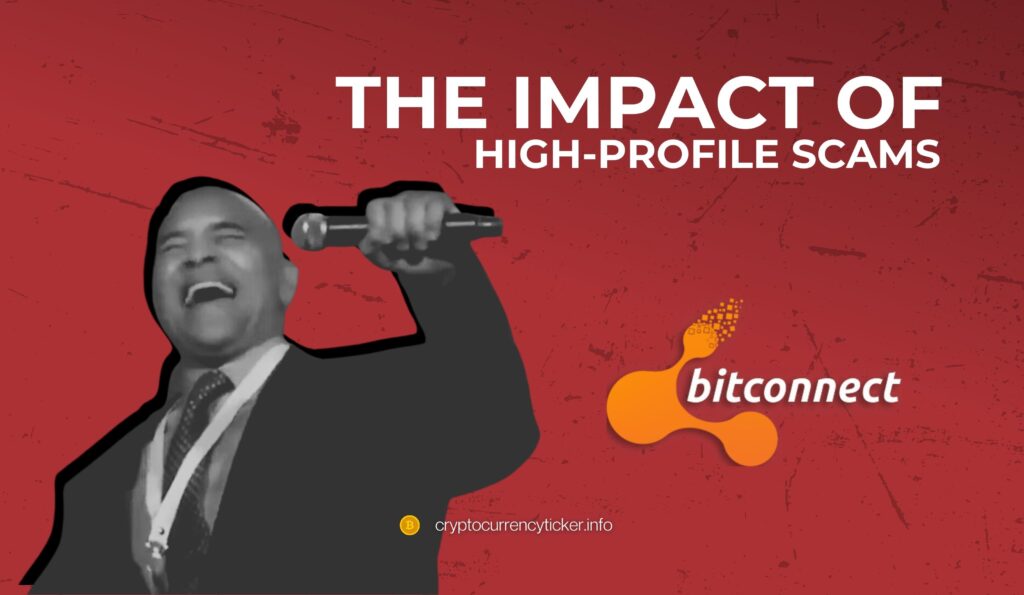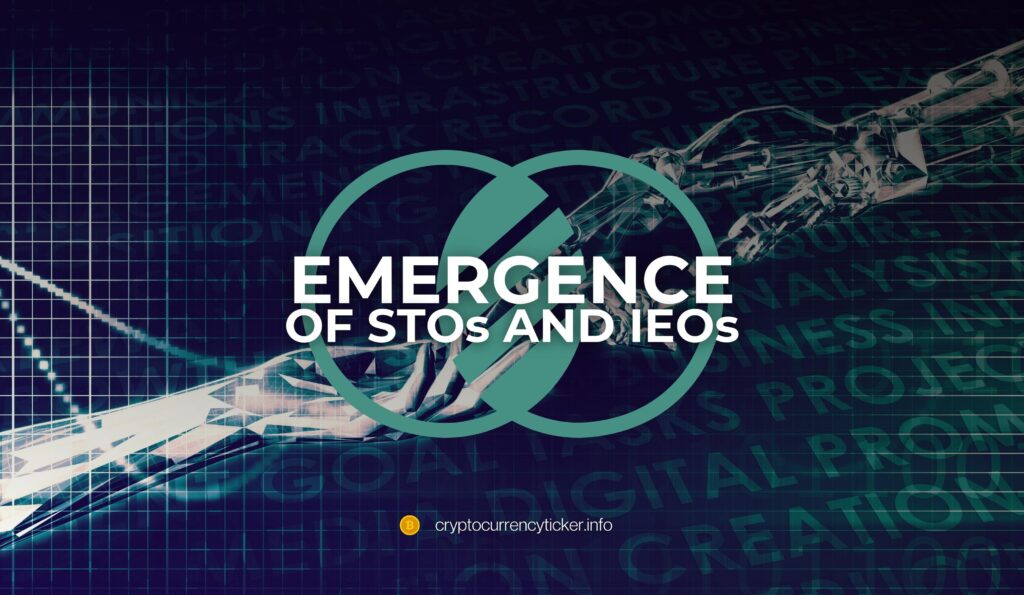The financial world has witnessed a transformative phase with the advent of blockchain technology, notably through the emergence of Initial Coin Offerings (ICOs). ICOs represent a novel method for startups to raise capital, offering a unique alternative to traditional fundraising avenues. These offerings issue digital tokens to investors, facilitating global participation in technological advancements. The success of Ethereum’s ICO was a pivotal moment, highlighting the potential and growing acceptance of ICOs in the tech sector. Concurrently, blockchain technology has expanded its applications, especially in the financial sector, enhancing processes like asset management and transaction settlement, significantly influencing the landscape of digital finance.
The Rise of ICOs: A Historical Perspective
Emergence of ICOs in the Blockchain Era
The inception of Initial Coin Offerings (ICOs) marked a transformative era in the blockchain world, introducing a groundbreaking approach to fundraising. This method involved startups issuing digital tokens in exchange for investment, challenging traditional funding models. It enabled a broader investor base, making it possible for people worldwide to participate in and support burgeoning tech projects.
Ethereum’s Landmark ICO
The ICO of Ethereum, a platform designed for smart contracts, stands out as a pivotal event in ICO history. It not only successfully raised substantial funds but also created a community of investors and enthusiasts deeply invested in the project’s success. This event served as a catalyst, showcasing the efficiency and potential of ICOs in raising capital and building a dedicated user base.
Diversity of Token Types
As ICOs gained momentum, the diversity of token types expanded. Utility tokens, which grant holders access to certain services or features of a platform, and security tokens, representing digital ownership or stakes in an asset, became prevalent. This variety allowed startups to tailor their offerings to specific project needs and investor interests, enhancing the flexibility and appeal of ICOs.
Challenges and the Road Ahead
Despite their growing popularity, ICOs faced challenges, particularly in terms of regulatory compliance and market volatility. The rapid growth and high visibility of ICOs attracted regulatory attention, leading to a call for more structured and secure fundraising methods. These challenges set the stage for the evolution of the ICO framework, paving the way for more regulated and sustainable models like Security Token Offerings (STOs) and Initial Exchange Offerings (IEOs).
Technology Advancements Impacting ICOs
The Growth of Decentralized Finance (DeFi)

The rise of Decentralized Finance (DeFi) represents a significant technological advancement impacting ICOs. DeFi extends blockchain from basic transactions to more complex financial use cases. It empowers startups and investors by providing more transparent and efficient ways to raise and manage funds. This shift has led to an increased interest in ICOs, as they are integral to the DeFi ecosystem for fundraising and token distribution.
Blockchain’s Expanding Role
Blockchain technology, initially linked mainly to cryptocurrencies, now plays a broader role in various industries. Its capabilities in ensuring transparency, security, and efficient transaction processing have made it a valuable tool for modern business practices. This expansion has brought a new dimension to ICOs, allowing them to leverage these features for more than just fundraising, but also for aspects like governance, voting mechanisms, and investor relations.
Enhanced Security and Smart Contracts
The evolution of blockchain has led to enhanced security features and the widespread use of smart contracts. Smart contracts automate many aspects of the ICO process, from token distribution to conditions-based fund release, increasing trust and efficiency. These technological improvements have helped mitigate some risks associated with ICOs, making them more attractive to a broader range of investors.
Challenges and Controversies in the ICO Landscape
Prevalence of Scams and Fraud
The ICO boom unfortunately also saw a rise in fraudulent activities. The lack of regulation and oversight in the early stages of ICO development made it an attractive ground for scammers. These fraudulent schemes not only led to significant financial losses for investors but also tarnished the reputation of ICOs as a legitimate fundraising method.
The Impact of High-Profile Scams

Notable scams, like the infamous BitConnect, served as a wake-up call to the industry and investors. These incidents highlighted the need for more stringent due diligence and risk assessment in ICO investments, fostering a more cautious approach in the market.
Regulatory and Investor Skepticism
The fallout from these scams and the overall volatility in the ICO market led to increased skepticism from both regulators and investors. This skepticism slowed down the momentum of ICOs, with investors becoming more wary of participating in such offerings without adequate assurances of legitimacy and potential returns.
Moving Towards a More Regulated Environment
In response to these challenges, the ICO market began to evolve towards a more regulated framework. This shift aimed to protect investors, ensure compliance with financial regulations, and restore trust in ICOs as a viable fundraising mechanism.
Regulatory Responses and New Developments
Global Regulatory Actions
The ICO market, initially operating in a largely unregulated environment, faced significant regulatory responses due to its rapid growth and associated risks. Regulatory bodies worldwide began scrutinizing ICOs, with a focus on investor protection and financial stability. In the United States, for instance, the Securities and Exchange Commission (SEC) took a firm stance, categorizing certain tokens as securities and thus bringing them under regulatory purview.
Emergence of STOs and IEOs

In response to regulatory pressures, the market saw the emergence of Security Token Offerings (STOs) and Initial Exchange Offerings (IEOs). STOs, similar to ICOs but involving regulated securities, provided a more compliant alternative for fundraising. IEOs, conducted directly on cryptocurrency exchanges, offered added layers of security and trust, with exchanges performing due diligence and often providing a more streamlined process for both issuers and investors.
Increased Regulatory Clarity
These developments brought increased clarity to the market, setting a foundation for more structured and sustainable fundraising methods. The evolution towards STOs and IEOs reflects the industry’s response to regulatory requirements, aiming to balance innovation with compliance and investor protection.
Emerging Trends and Future of ICOs
Integration of NFTs and Blockchain in Business
The landscape of ICOs is being reshaped by the integration of Non-Fungible Tokens (NFTs). NFTs represent unique digital assets, and their use in business is expanding, offering new avenues for raising capital and engaging with stakeholders. This trend is not only creating new opportunities for startups but also attracting traditional businesses to explore blockchain-based fundraising.
Technological Innovations and Their Implications
Advancements in blockchain technology continue to open new possibilities for ICOs. Innovations such as enhanced scalability, improved security protocols, and more user-friendly platforms are making ICOs more accessible and efficient. These technological strides are expected to address some of the challenges faced by ICOs, such as transaction speeds and energy consumption.
Conclusion
As we conclude, it’s evident that the legacy of ICOs in reshaping the landscape of digital fundraising is profound. From their emergence as a novel method of raising capital to their evolution amidst technological advancements and regulatory challenges, ICOs have played a pivotal role in the growth and maturation of the blockchain industry. The lessons learned from the ICO era have spurred innovations and regulatory frameworks that continue to shape the future of digital finance. As the blockchain industry progresses, the spirit of innovation and decentralized fundraising that ICOs introduced remains a cornerstone, evolving to meet the demands of a more sophisticated and regulated financial world.
